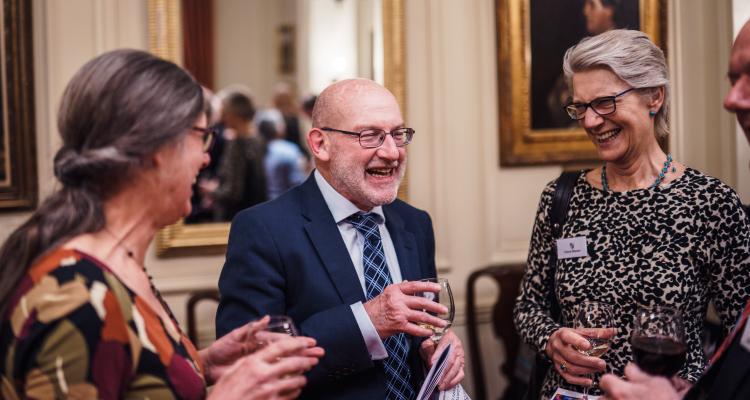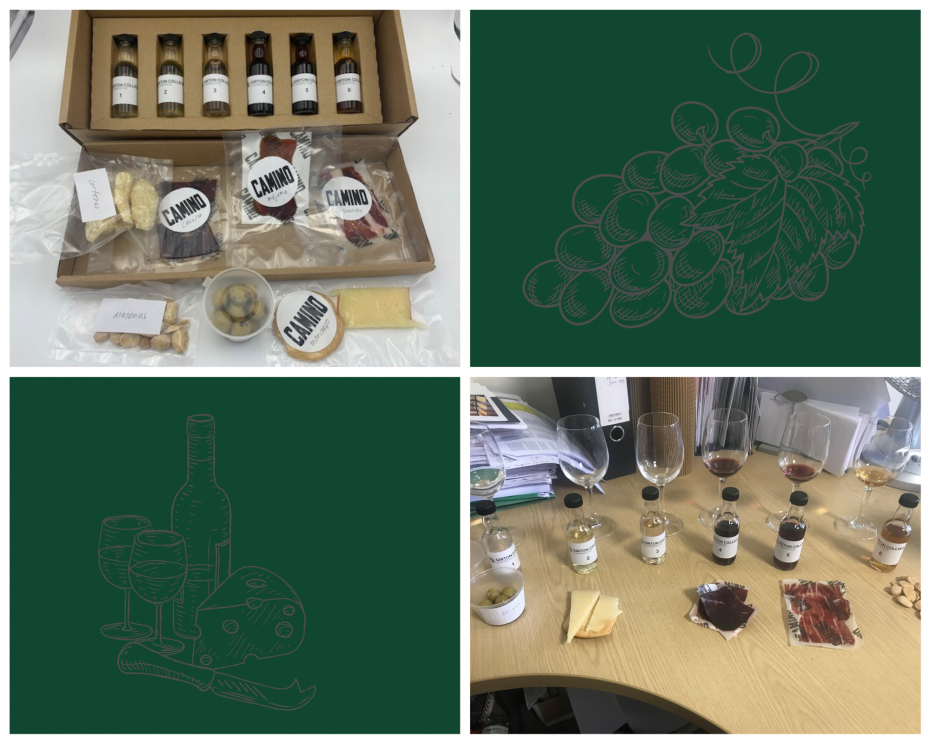On Saturday 12 June, we welcomed over 65 global Girton alumni and guests to an exciting virtual event The Fruits of the Vine – a celebration.
During the event Girton Fellow in Chemistry, Dr Alex Thom, demonstrated a simple experiment that can be done at home to discover how acidity affects flavour, and explained why bubbles are so crucial to the success of Champagne. Girtonian Sophia Bergqvist (Geography, 1978) gave a fascinating talk on her life and career as the first woman to head up a Port House followed by an insightful talk and blind-tasting session with Master of Wine, Sarah Jane Evans (Classics, 1972). The event finished with a roundtable discussion between all three speakers led by Dr Simone Maghenzani, Girton Fellow in History and chair of the College’s wine committee.
Recordings of each session can be viewed below as well as biographies of the speakers.
We would like to thank all our wonderful speakers and contributors for their help in making the occasion such a great day of events.


